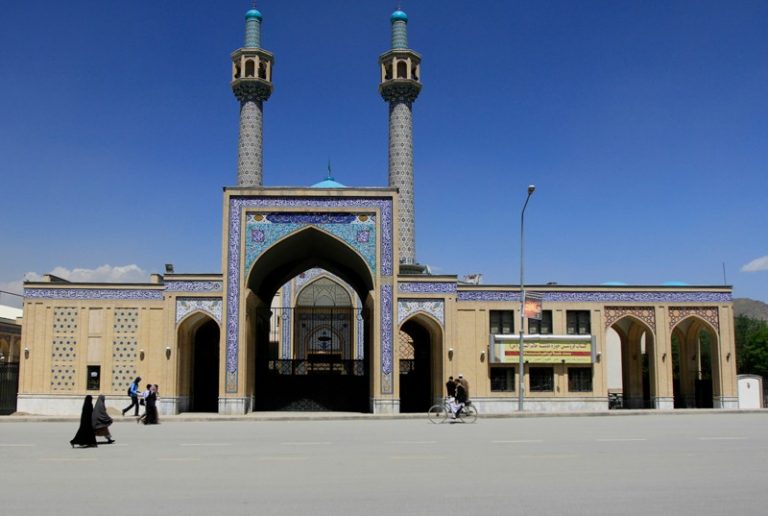
Most academic staff — particularly women and those with international links — are either in hiding or looking to leave the country.
One of the main charities helping scientists to leave countries experiencing conflict has seen a spike in enquiries. Last week, the Council for At-Risk Academics (CARA), which is based in London, said it had received 40 requests from people intent on leaving Afghanistan. It was 98 in the previous week. This is a record for the organization — its highest previous peak was 20 a week in 2016, during the Syria crisis, says CARA’s executive director Stephen Wordsworth.
Three months after the Taliban takeover of Afghanistan, the country’s educational and research institutions remain closed. The Red Cross says that salaries at government-run hospitals have gone unpaid for months because of economic woes exacerbated by sanctions. Afghanistan’s economy is expected to shrink by nearly one-third this year, according to projections from the International Monetary Fund. And the United Nations World Food Program says that almost 23 million people, out of a population of 40 million, face hunger.
Most academic staff — particularly women and those with international links — are either in hiding or looking to leave the country. One provincial passport office that reopened earlier this month received more than 2,000 applications per day, nearly 10 times its usual daily processing capacity of 250. “The reality is that we are all trying to emigrate,” one researcher wrote in an e-mail to Nature last week.
CARA and Scholars at Risk, its US counterpart, connect researchers fleeing conflict with universities in safe countries who need people with specific skills. Both are working flat out to process applications and have been able to find academic jobs for a small number of people, along with safe passage for their families.
But they are just two organizations working manually to help relocate scholars. And although they are well known among university administrators, they are less familiar to research staff and the leaders of research groups, who might have PhD opportunities or vacancies they are looking to fill. What is needed now is a larger and more visible response, coordinated globally — and preferably with a strong digital component — to assist all of those whose lives are in danger. It should be a bold effort, facilitated by everyday digital tools, connecting the growing numbers of people and organizations offering support with the rising number of those at risk.
Just in the past few months, initiatives have been set up to assist women judges, lawyers, musicians and sports professionals who need to leave Afghanistan. In addition to CARA and Scholars at Risk, there’s Germany’s Philipp Schwartz Initiative, which funds universities to host researchers at risk. The coming weeks and months are likely to see the launch of more such efforts, but these will not be easy for people in Afghanistan to access unless they already know the names of the schemes, or of the people and organizations behind them.
This problem could be addressed with an organized digital portal or service. It could be a single online space for organizations and individuals to use to display what they are offering in terms of employment, support or advice. It could match them with scholars and other at-risk professionals in Afghanistan (and other countries in conflict, such as Syria and Yemen). And it would need to be built in a way that would allow identities to be verified but simultaneously kept secure. Although limited travel to and from Afghanistan has resumed, anyone with links to people or organizations outside the country is at high risk of persecution.
Academics around the world have generously opened their homes and their institutions to researchers at risk. But more needs to be done to connect those at risk with those ready to provide jobs and other forms of support, not only in universities, but in other types of organization, too.
Researchers applying to CARA to leave Afghanistan are not looking for permanent settlement, Wordsworth says. “This is not brain drain,” he emphasizes. People are frightened, but, when conditions are safe, they are determined to go back and build on the knowledge and infrastructure of higher education and research that has been created in the past 20 years, under the US-led occupation.
__________________________
Courtesy: Nature